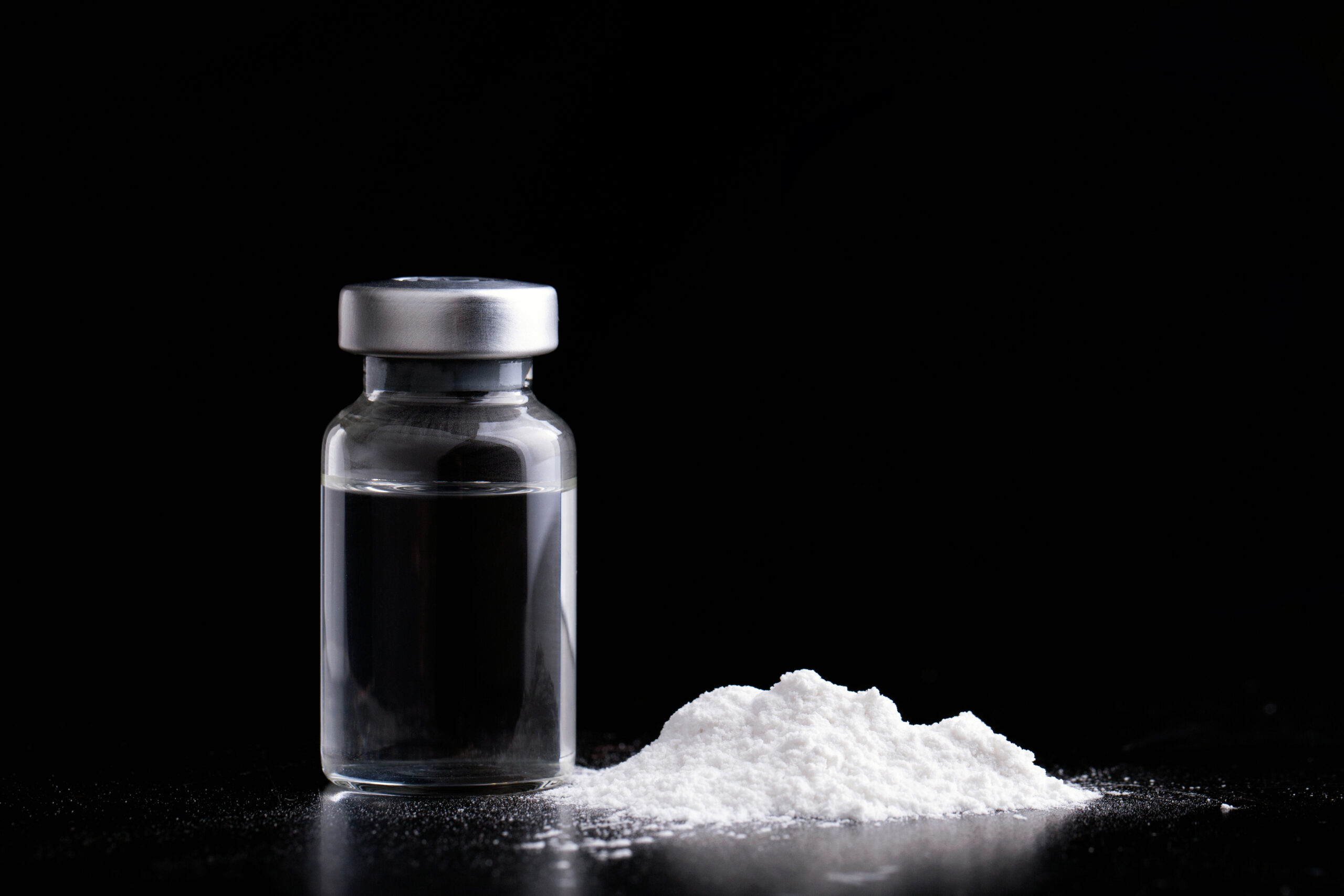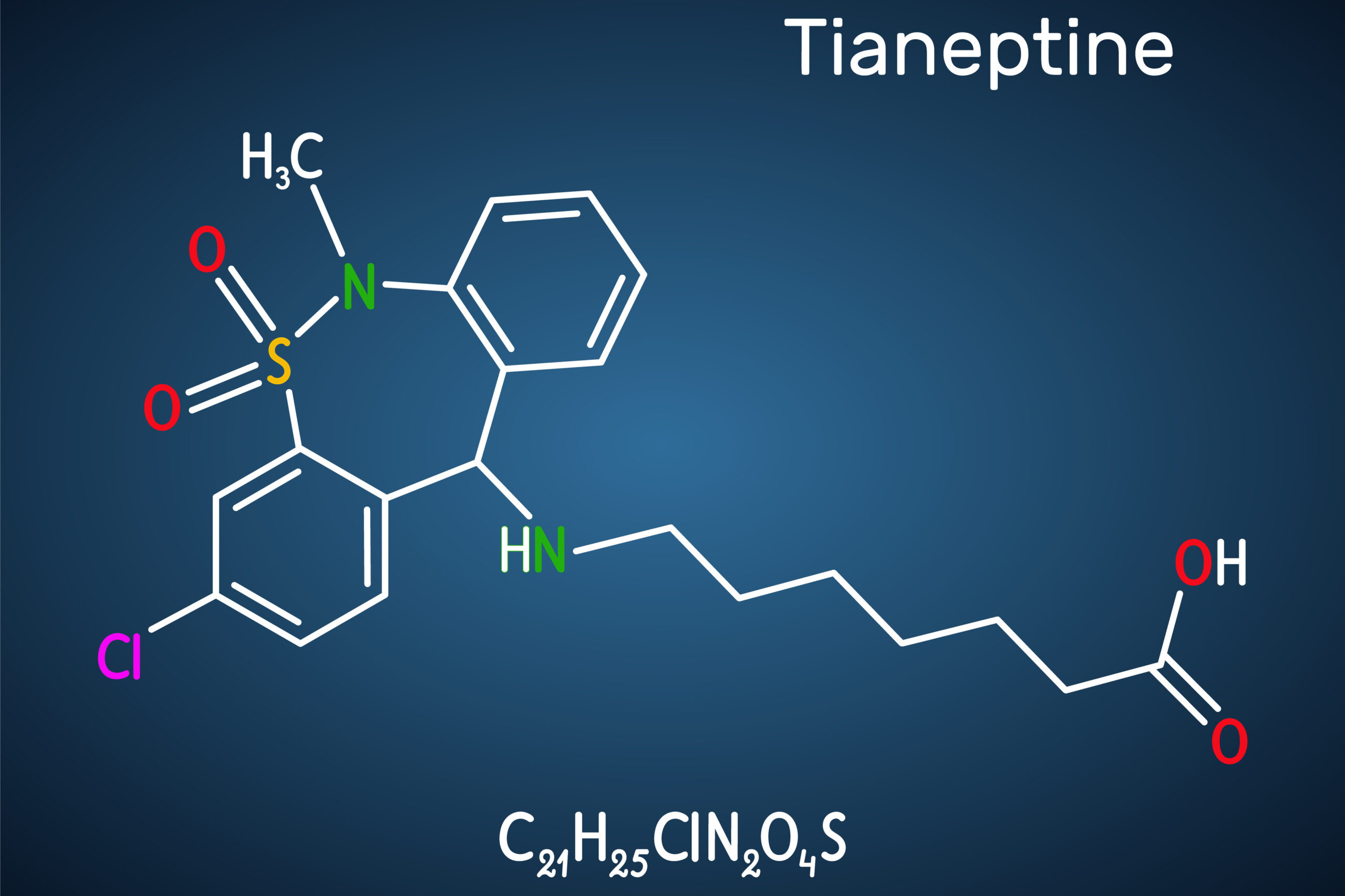Model Drug Take-Back and Disposal Program Act
The Model Drug Take-Back and Disposal Program Act guides states in establishing a comprehensive and uniform statewide system for the safe and convenient collection and disposal of unused, expired, and unwanted drugs....










